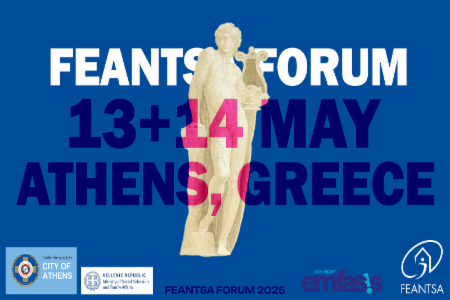Last month, Maria Aldanas, FEANTSA Policy Officer, and Joan Uribe, President of FEANTSA, joined more than 30,000 participants for the third Habitat Conference to discuss the key issues facing cities today and to adopt the New Urban Agenda, the global strategy which will guide urban development over the next 20 years.
FEANTSA have participated in the Habitat III process from the beginning, have attended several meetings (in Geneva, Barcelona and New York) and have made contributions to key documents (Zero draft), etc.
The main outcome of Habitat III is the New Urban Agenda (NUA). FEANTSA welcomed this document, which included a commitment to eliminating homelessness and progressively recognising the right to adequate housing.
FEANTSA is looking forward to working with EU institutions, member states and cities in realising these commitments. On 17th October FEANTSA reacted to this document and issued a press release.
Some of the events where Feantsa participated to reinforce our message were:
· 17 October “A common home where everybody can live with dignity”
· 17 October “Efforts to measure and end unsheltered homelessness in Europe”.
· 19 October "Join ‘The Shift’: Uniting for housing and human rights".
We were also present without a speaker role in other meetings connecting the UN New Urban Agenda and the EU Urban Agenda.
The impact of the NUA will certainly depend on how it is put into practice. Neither the NUA nor Habitat III have clarified how the objectives and commitments outlined should be achieved.
It is worth mentioning that social movements have promoted the “right to the city” to denounce urban processes that generate injustices, such as gentrification, privatisation of public spaces, forced evictions and the mistreatment of urban refugees. Despite this, the inclusion of the “right to the city” in the NUA was rather weak and was not explicitly recognised as a universal human right. Instead, the NUA encourages governments to enshrine the right to the city in their laws.





